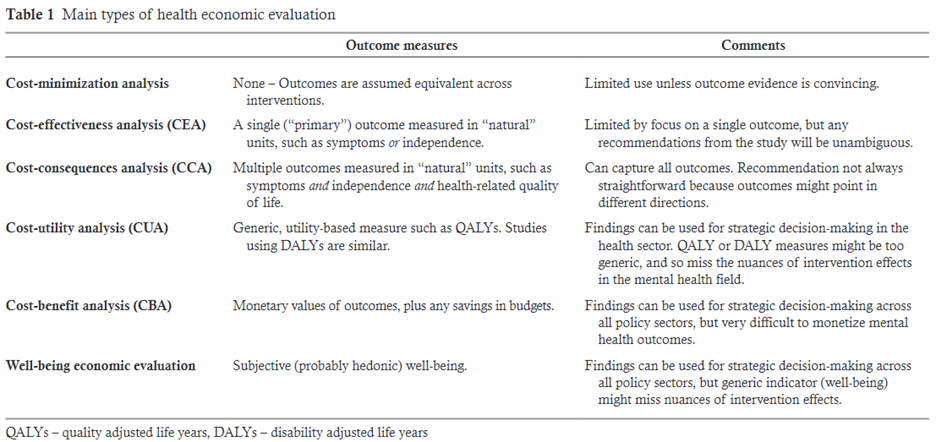With roughly one third of Canadians being affected by a mental illness in their lifetime[1], it can be argued that the historically underfunded sector of mental health care doesn’t make sense. It doesn’t make sense in the obvious humane sense, but it also doesn’t make sense economically.
This is true, not just in Canada, but globally. It is estimated that between 2011 and 2030 the global economic impact associated with mental health is going to be US$16.3 trillion. This is larger than cardiovascular disease, respiratory disease, cancer, and diabetes combined.[2] Despite this, the World Health Organization estimates global expenditure in this area ranges from only US$0.1 to US$21.7 per person per year, which equates to less than 2% of what governments are spending on general health care.[3]
In Canada, Taylor (2018) estimates that the economic impact reaches CAD$50 billion annually. This huge impact is due to the ripple effect mental illness has from the patient outward to their inner circle and general communities. Direct costs, like hospital stays and medication, are clear. Indirect costs, on the other hand, such as reductions in workplace productivity and income, inability to complete an education, as well as financial pressures on family, friends, other unpaid caregivers, the public school system, and the social justice system, may be less so.
Money makes the world go round, yet despite this, economic analysis is a relatively new component of research into the efficacy of mental health initiatives. There were only 100 reports on economic evaluation of mental health care in 1999, while there were over 4,000 in 2019.[4] Given that resources are scarce and budgets are tight, decision and policy makers need to have well-rounded data. Along with traditional clinical trials and effectiveness reports, evidence from economic analyses on the societal economic impact of mental illness helps those decision and policy makers, especially those who are outside the health care sector, see the value in minimizing the gap between the impact and the allocation of resources.[5]
The chart below from Knapp and Wong, 2020, outlines the different economic analyses that can be used when looking into the impact of mental illnesses:

Source: Knapp & Wong, 2020, p. 4
Because of the aforementioned ripple effect, the health care sector is only one facet of many to which spending needs to be distributed. Government leaders and policy decision makers need to be encouraged then to view mental health expenditure with a wider societal lens when allocating available resources. The fields of education, the workforce, social services, housing, criminal justice, and community development all share in carrying the weight of the impact of poorly treated mental illnesses. This awareness would help to eliminate any potential "'silo budgeting' disincentive to choose the most efficient course of action."[6] This is paramount to ensuring that the biggest positive impact will be made.
The world of mental health economics is far reaching. Tune in to following issues of Invested for articles on the limitations and developments in mental health economics, and the return on investment on mental health initiatives that have been made in Canada.
FOOTNOTES
[1] Taylor, 2018, p.1
[2] Trautmann et al, 2016, p. 1245
[3] Knapp & Wong, 2020, p. 5
[4] Knapp & Wong, 2020, p. 3
[5] Knapp & Wong, 2020, p.5
[6] Knapp & Wong, 2020, p. 11
REFERENCES
Knapp, M., & Wong, G. (2020). Economics and mental health: the current scenario. World Psychiatry, 19(1), 3-14.
Taylor, H. G. P. (2018). Helping to Improve the Mental Health of Canadians. Canadian Journal of Community Mental Health, 36(Special Issue), i-iv.
Trautmann, S., Rehm, J., & Wittchen, H. U. (2016). The economic costs of mental disorders: Do our societies react appropriately to the burden of mental disorders? EMBO reports, 17(9), 1245–1249. https://doi.org/10.15252/embr.201642951.